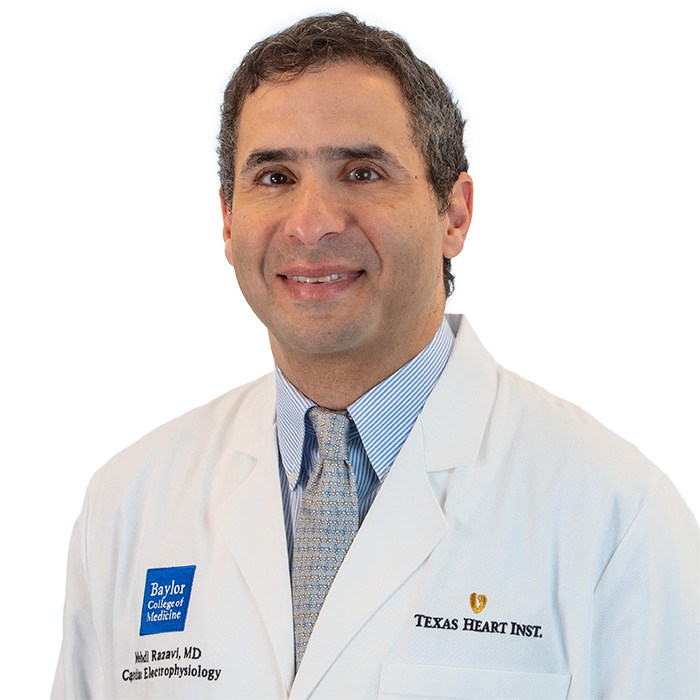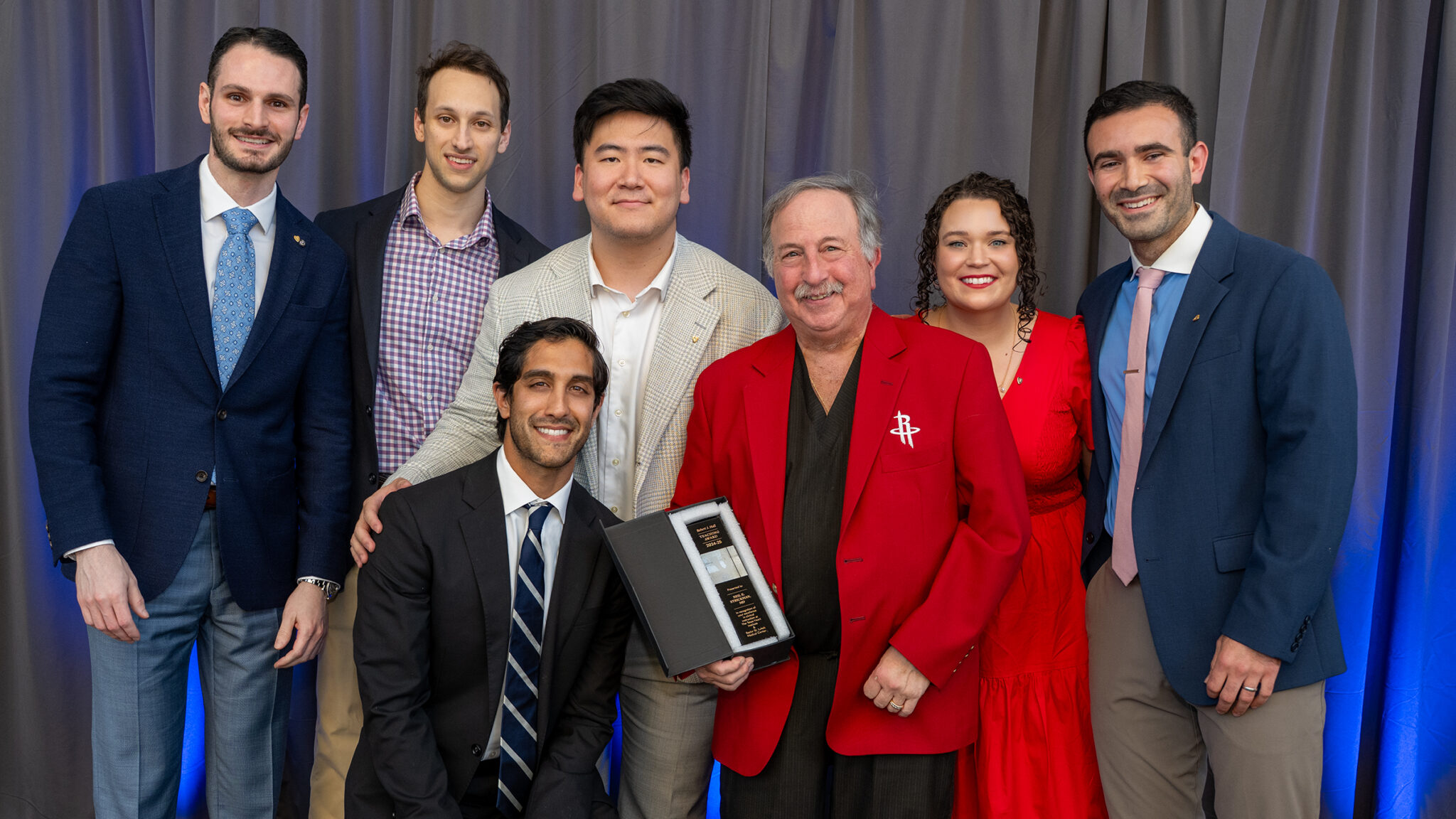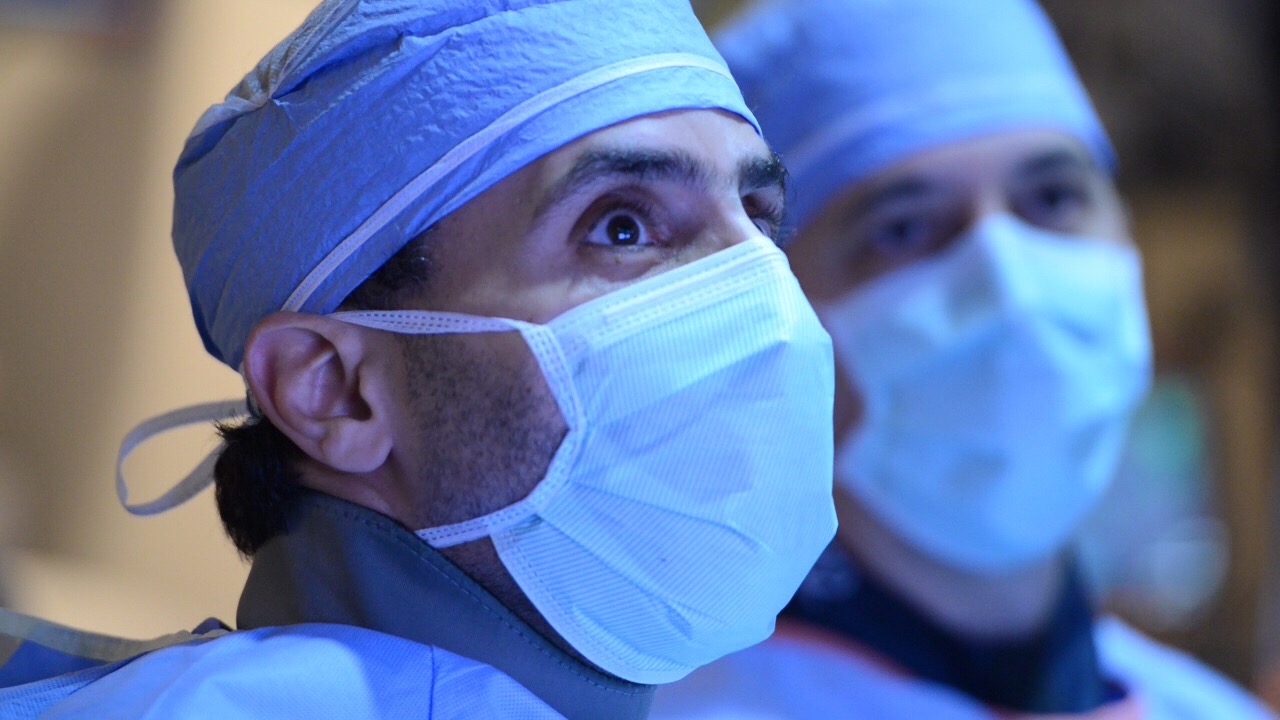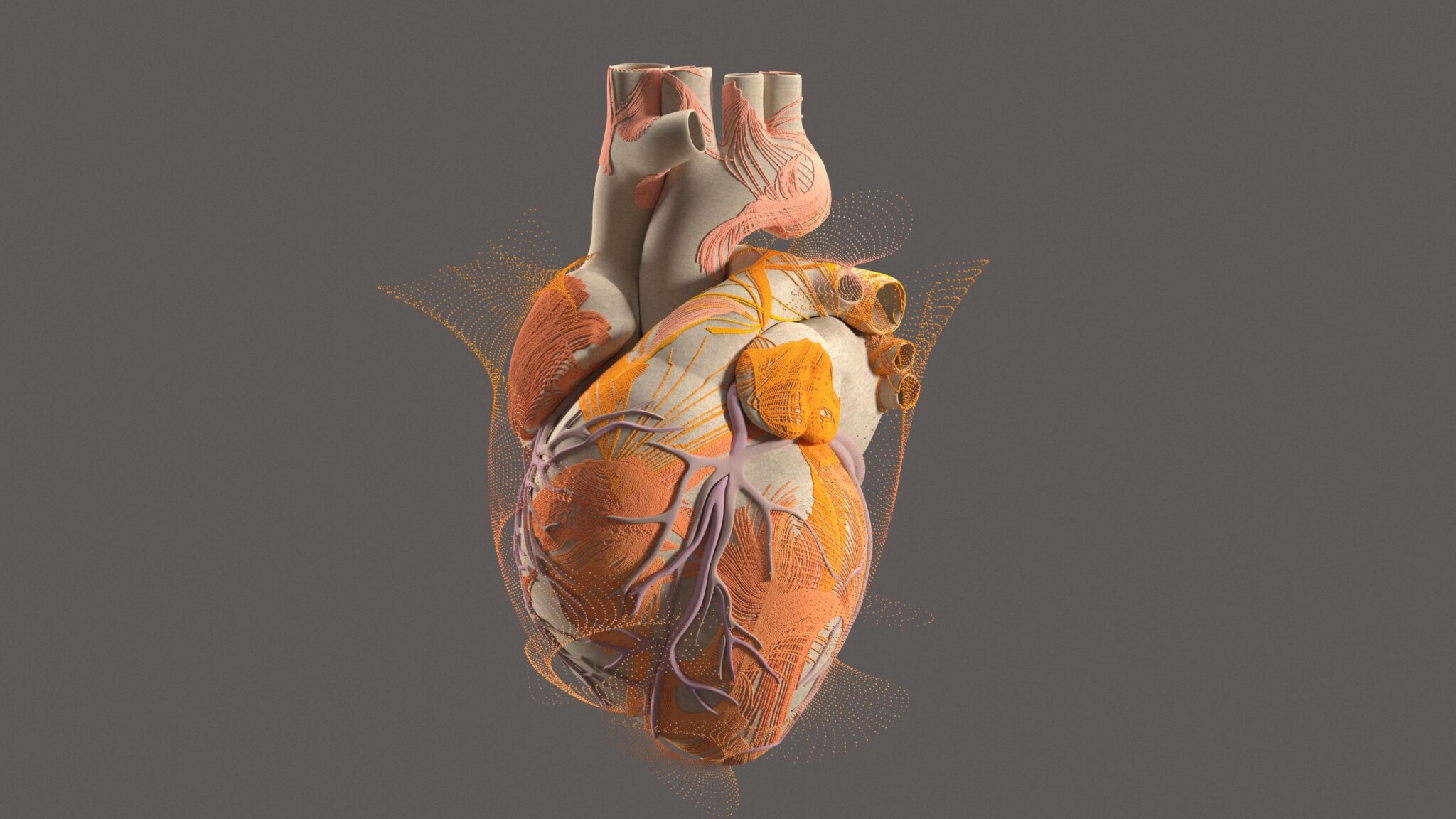
Dr. Razavi is involved with numerous clinical trials assessing the efficacy of cutting edge technology in the field of cardiac electrophysiology. His innovations have been featured in Scientific American, InnovationMap, Voice of America News, and Texas Heart Institute News. In addition, he develops, oversees, and executes long-term collaborations with engineering colleagues at The Texas Heart Institute’s Cardiovascular Research Laboratory, and with exceptional collaborators at Rice University, the University of Houston, Texas A&M University, and UCLA.
Show full bioDr. Razavi has founded multiple medical device startups for the treatment of arrhythmia and other cardiovascular conditions. Additionally, Dr. Razavi has supervised the development of a number of technologies in collaboration with Rice University and Texas A&M and has 18 patents to his name.
Texas Heart Institute Positions
- Director, Electrophysiology Clinical Research & Innovations
- Teaching Staff, Cardiovascular Disease Fellowship
- Editorial Consultant, The Texas Heart Institute Journal
- Program Director, Clinical Cardiac Electrophysiology Fellowship
Current Projects
Interests
Education
-
Medical School:
Medical College Of Pennsylvania
-
Residency:
Mayo Graduate School of Medicine
-
Fellowships:
Mayo Graduate School of Medicine
Academic & Clinical Affiliations
- Baylor College of Medicine
- Rice University
- Rice Neuroengineering Initiative
- Baylor St. Luke's Medical Center
- Hall-Garcia Cardiology at Baylor College of Medicine
Certifications
- American Board of Internal Medicine, Cardiology (2001, 2011)
- American Board of Internal Medicine, Clinical Cardiology Electrophysiology (2002, 2012)
Honors, Awards and Memberships
- The Texas Heart Institute Academic Professional Staff
- Texas Super Doctors, Texas Monthly Magazine
- Robert J. Hall Outstanding Cardiology Faculty Teaching Award (2006, 2013)
- The Texas Heart Institute EP Teaching Attending of the Year 2019
- Pfizer Award for Excellence in Electrophysiology Training from the North American Society of Pacing and Electrophysiology (NASPE; now the Heart Rhythm Society)
Publications
Recent News

Presenting the Future of Cardiovascular Medicine: The Texas Heart Institute Fellowship Program Celebrates 2025 Cardiology Graduates
On the evening of June 6, 2025, The Texas Heart Institute at Baylor College of Medicine (THI) celebrated the accomplishments...

Innovating New Approaches for Heart Rhythm Management
Hydrogel Advance Offers Proof of Concept for New Heart Pacing Technology Innovators at The Texas Heart Institute at Baylor College...

Dr. Matthew Segar Recognized With DEI Abstract Award From Heart Rhythm Society
Novel Machine Learning Model Improves Prediction of Atrial Fibrillation Risk The Heart Rhythm Society recently recognized Matthew Segar, MD,...

.svg)


